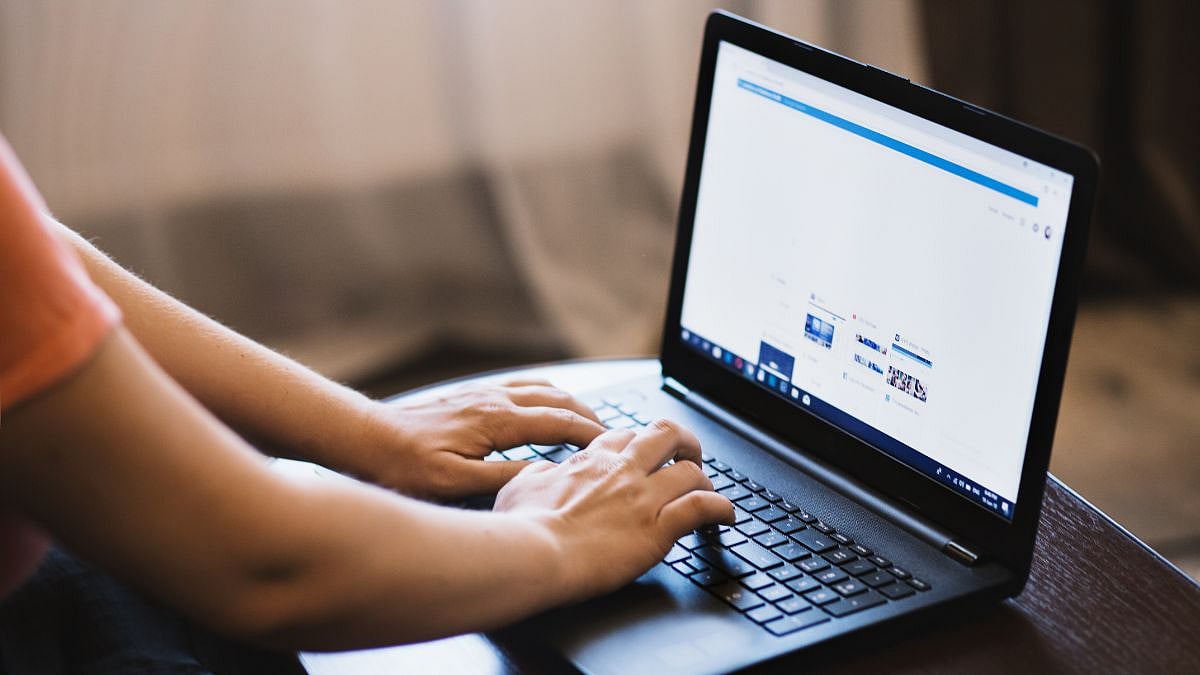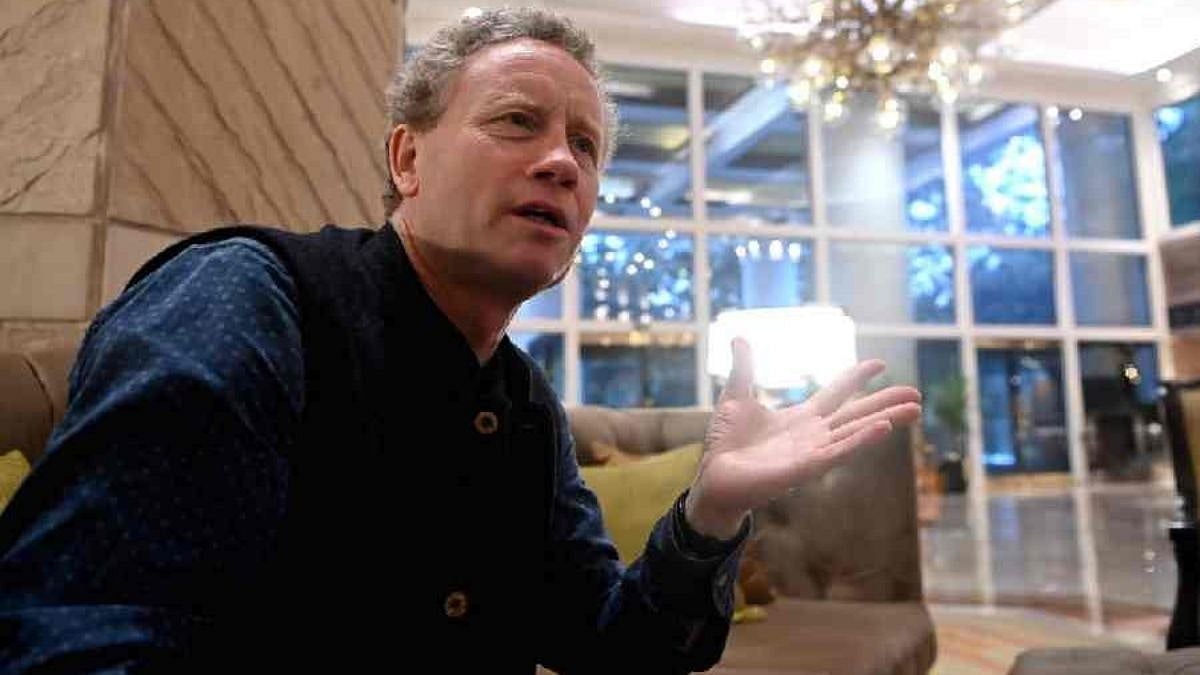The demand for a caste census, apart from its other projected merits and perceived demerits, indeed has a democratic basis: Share in resources and power cannot be delinked from numerical strength. Democracy in policy-making and distribution of resources can’t be illegitimate. When the majority of political parties want a caste-based census, it will be difficult for the government to deny it any longer. The national census is due in 2021 and Prime Minister Narendra Modi would do well to accept this demand and face the challenges upfront, which successive governments have avoided in the past.
Caste data was available earlier too but governments chose to publish details of only Scheduled Castes and Scheduled Tribes from 1951. The Other Backward Castes (OBCs) have always believed their numbers were deliberately hidden to deny them the benefits of numerical strength because the power structure was dominated by the upper castes. The Mandal Commission estimated the OBC population to be around 50 per cent but major regional parties insist the actual number is far bigger.
Data is critical to policy-making and identification of targets for welfare programmes and there is no point in making decisions on the basis of presumptions and surmises. An actual database will help policymakers reach marginalised sections of society in a scientific manner, in addition to curbing the growth of elitism within the OBCs. There is no denying the fact that some castes dominate the OBC sphere, cornering the benefits of both the reservation system and welfare schemes. While the overall backwardness of these groups is not open to dispute, smaller segments within the OBCs have remained extremely backward, both educationally and economically.
It is incumbent upon the state to ensure that resources reach the fringe groups that don’t have the political and social clout to slice away their portion of the cake. A caste census will give the governments, judiciary, media and the executive a clearer picture about which group stands where, what occupation they pursue, what is their growth potential and what kind of investment is required to be made.
There is a myth that the demand is only about expanding the scope of reservations. While the data will indeed help the policymakers understand the need for a social justice agenda better in terms of scope and direction, leading to rationalisation of the reservation system, the objectives of targeted welfare through economic incentives and educational push could also be met more effectively. The speculation about Yadavs or Meenas cornering all the benefits in states like UP, Bihar and Rajasthan has created avoidable ill-will against them.
With caste-wise data, other marginalised groups can put forward their claims and the policymakers can respond accordingly. The counter-argument about caste census creating a situation in which the 50 per cent cap on reservation will be breached is not in tune with democratic spirit. If their numbers are more, their claim should be bigger.
After all, the larger objective is a just society and equitable distribution of resources. There is bound to be resentment and social imbalance if Brahmins, with a minuscule numerical presence, corner all the top posts in government as well as in the private sphere. Social justice is an idea that can only be put off at society’s peril; no group can be at peace if there is turmoil in society. Every social group has to be empowered for a peaceful and healthy society.
The RSS-BJP, however, has a political problem in accepting this principle. While it is true that the BJP has made deep inroads into the OBC communities during the last few decades and most of its leaders come from that section of the society, the RSS worldview is antithetical to the social justice agenda and they prefer to sustain Brahminical supremacy. They are also perceived to be opposed to the reservation system and giving in to caste-based regional parties for more representational politics may hurt the BJP’s upper caste support base.
The BJP has already faced upper caste backlash in some states despite the perception that it wanted to end the quota system. It will certainly not want to see the 50 per cent ceiling breached in its own regime. There is bound to be more unforeseen political and social churning after the full caste-census data is out and no government would like to be caught in that vortex. But the pressure is so overwhelming that the BJP stands to lose heavily even by rejecting the demand for caste census. If they do so, regional parties are bound to portray the Modi government as anti-OBC and disturb its electoral equations.









